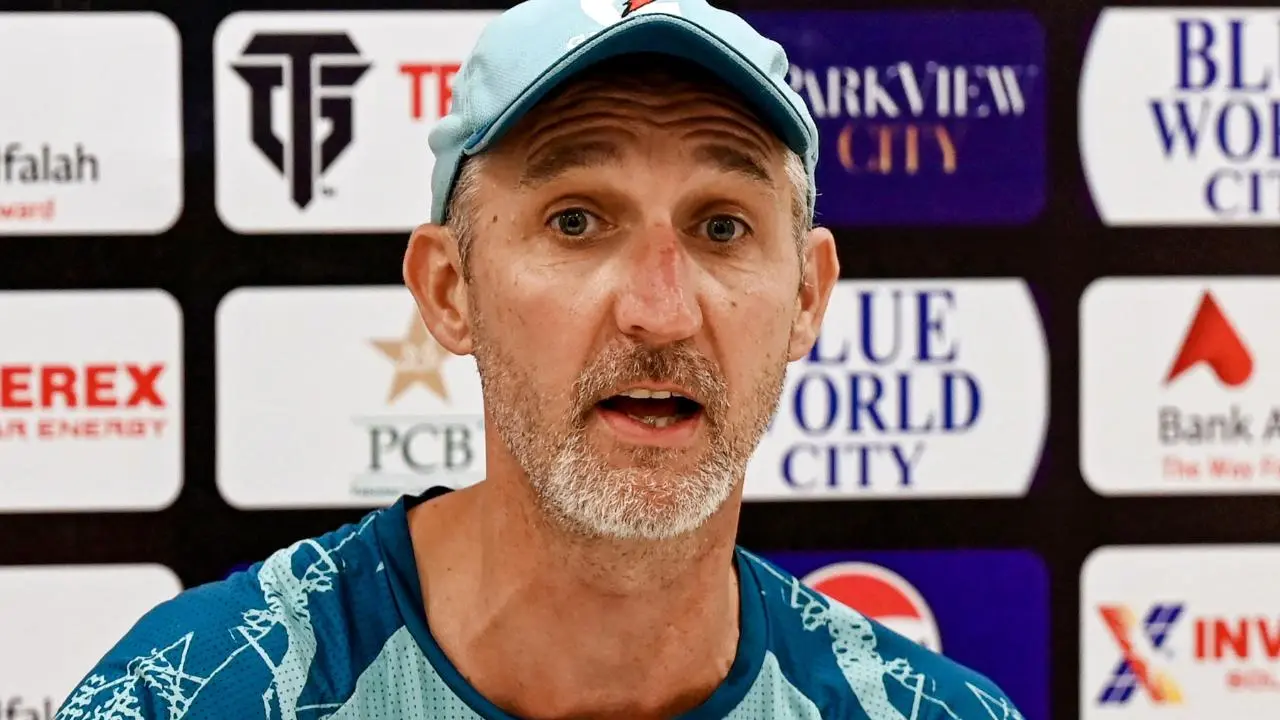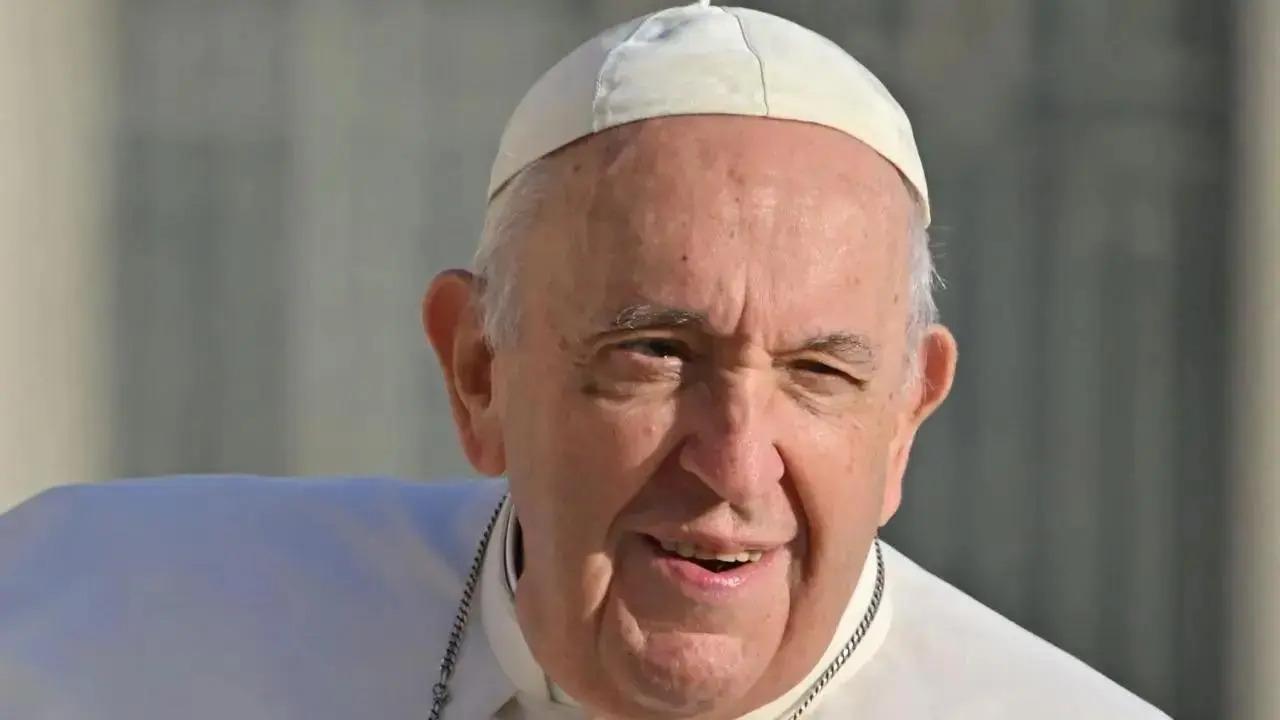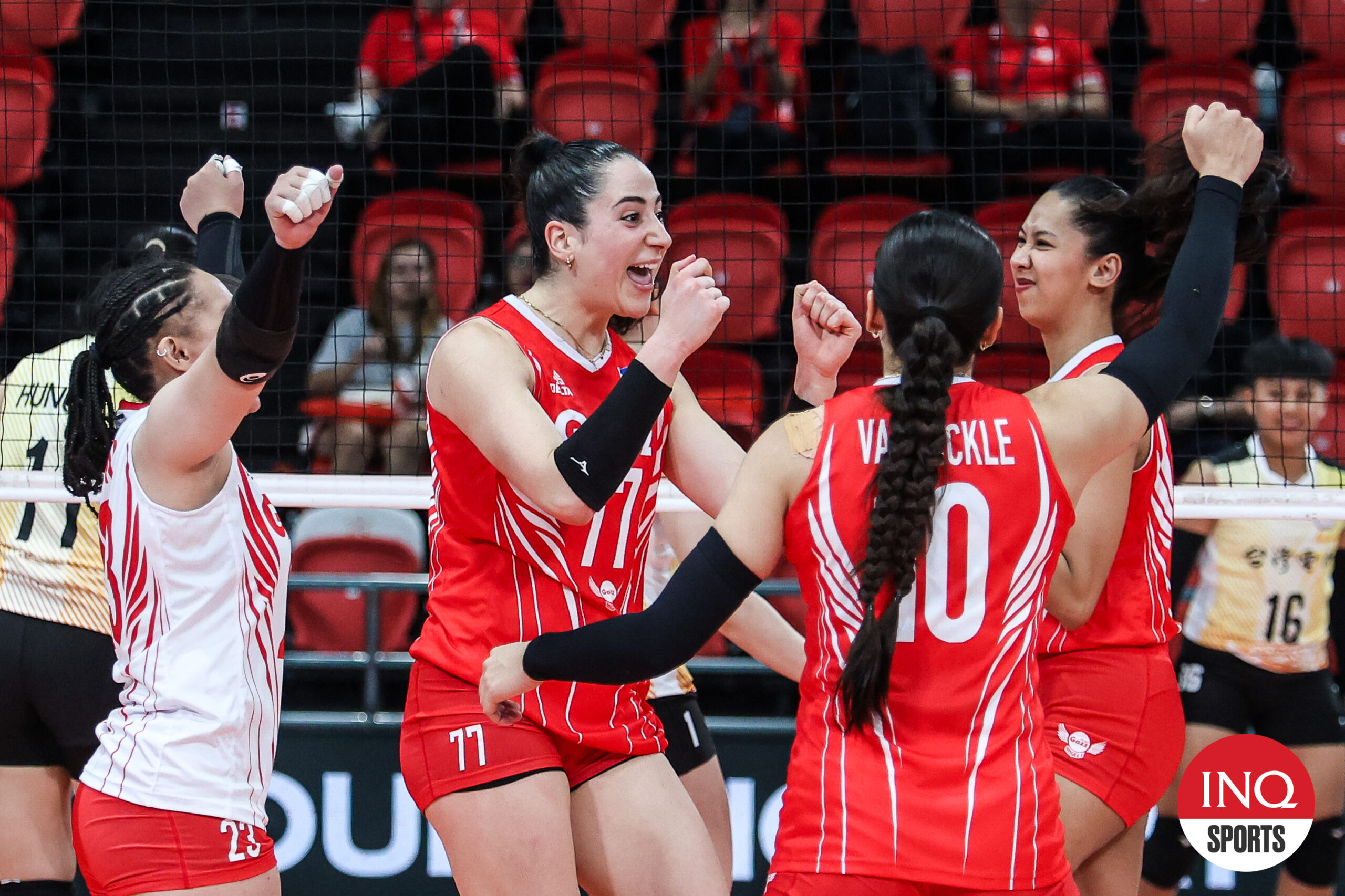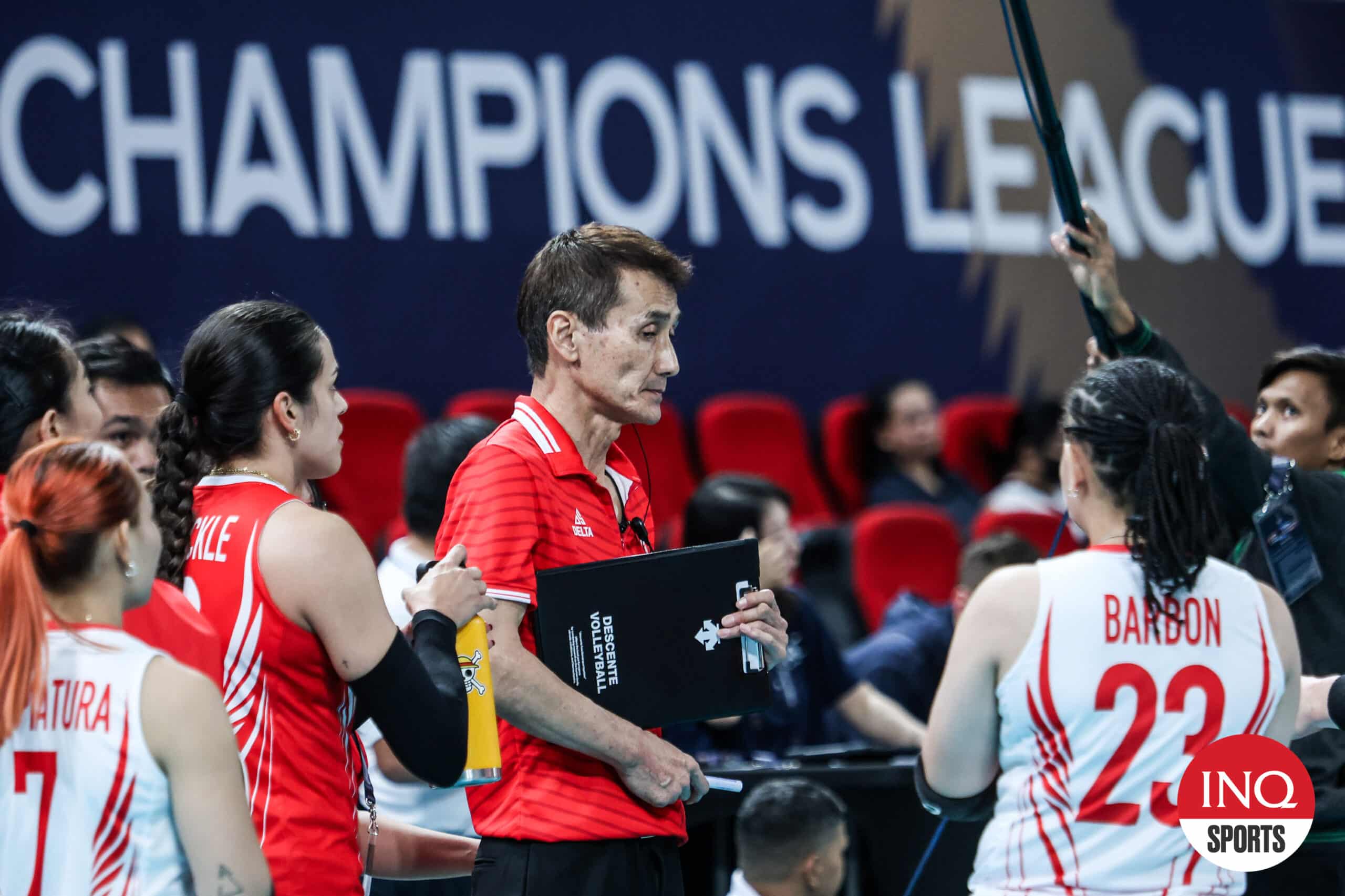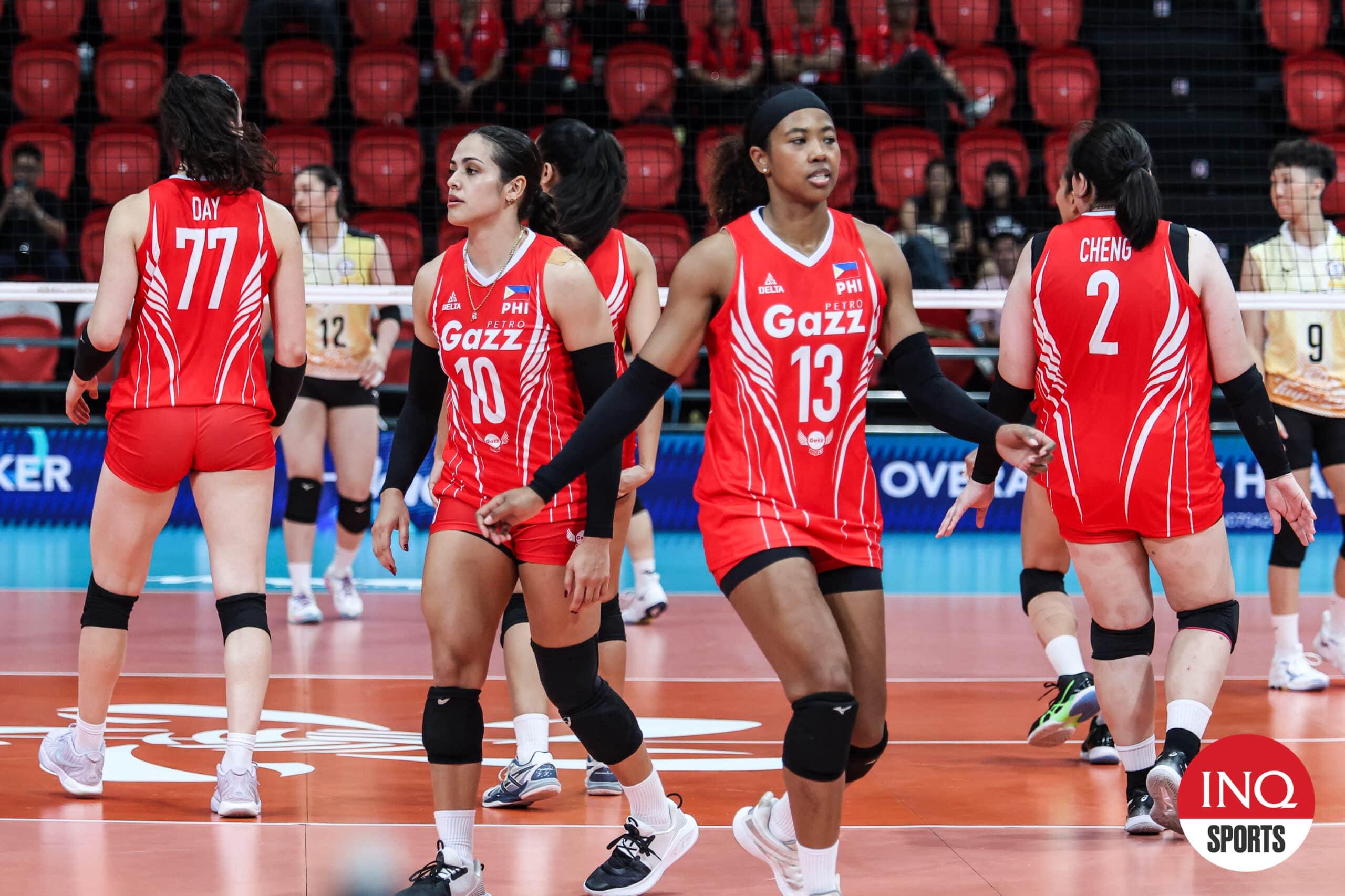For more stories like this click here to follow The Athletic’s sports betting section and have them added to your feed. The 2025 Women’s European Championship kicks off this July, and the race to claim the trophy is wide open. With Spain looking to build on their World Cup success, England aiming to defend their title and Germany out for redemption, this summer’s tournament is set to be a livewire.
Advertisement Will France finally overcome their tendency to exit after the group stage? Can Sweden outmuscle their Nordic rivals? Or is there a dark horse lurking, ready to shatter the bookmakers’ expectations? With three months until kick-off, now’s the time to clue up on the best markets. From group winners to Golden Boot contenders and long-shot picks, peruse our early look at Euro 2025 from a betting lens. Betfair has pitched the usual suspects — Spain (2/1), England (3/1), France (9/2) and Germany (5/1) — as the leading pack.

If you’re feeling bold, you could lock in a winner now, but we’d suggest waiting until after the group stage. Football is unpredictable; favourites can stumble early, so a good betting strategy often involves watching how teams settle in. If you’re looking beyond outright winners, goals might be the market to keep an eye on.
Euro 2022 saw 95 goals in 31 matches, averaging 3.07 goals per game — the highest since 2005. If that trend continues, this summer could be another goal-fest, so betting over two goals per match could be fruitful.
But who’s scoring them? Alessia Russo is a prime Golden Boot contender. She bagged three goals at the last Euros and is on fire for Arsenal this season. On the other end of the pitch, keep an eye on Netherlands keeper Daphne van Domselaar.
She led all shot-stoppers with 23 saves at Euro 2021 and has been just as dominant for the Gunners this season, boasting an 81.4 per cent save rate and a 65 per cent clean sheet record, according to FBref. Could she secure her side the most clean sheets in this tournament? It’s certainly a bet worth considering.
Group A: Nordic showdown with a Swiss surprise In Group A, three Nordic teams battle with host nation Switzerland. Expect grit, drama — and probably some snow metaphors. Norway are the obvious frontrunners.
They are two-time champions, serial semi-finalists and bursting with talent. Gemma Grainger’s team boasts several Women’s Super League (WSL) stars, including Frida Maanum, Guro Reiten, Maren Mjelde and Elisabeth Terland. Liga F standout Caroline Graham Hansen and Division 1 Féminine superstar Ada Hegerberg also feature in the ranks.
But lately, they’ve underperformed on the big stage (see their 2023 World Cup loss at the hands of Japan in the round of 16). If they show up as their best selves, they’ll run away with the group. If not, Grainger could be in a spot of bother having only been at the helm for just over a year.
Advertisement Iceland don’t get the same hype as their Nordic neighbours, but they’ve stood their ground against Europe’s best. In December, Þorsteinn Halldórsson’s team secured a stunning 3-0 win over Germany — the first time the Germans were beaten by three goals in a competitive game since the 2008 Olympic semi-finals. Can they replicate their feats this summer? Switzerland are the wildcard pick.
Pia Sundhage’s group held Norway at the last World Cup and now have home-field advantage. If they ride the crowd’s energy, they could trigger an avalanche-sized capitulation at the top of the standings. Finland? It’s a tough road ahead for their scrappy style of play.
They made it to the semi-finals in 2005, but it would be a miracle for the Finns to replicate that result this time around. Group B: Spanish domination or an Iberian upset? Spain have been on a trophy-collecting rampage, and unless something miraculous happens, they should waltz through Group B. The reigning world champions have a loaded squad and have won everything in women’s football since 2022: the World Cup, the UEFA Nations League, U-20 World Cup, U-17 World Cup, U-19 Euros, and U-17 Euros.
At this point, they probably win coin tosses, too. They’re the deserved outright betting favourites, and it’s hard to argue against them steamrolling this group. Of all the teams with new leadership since Euro 2022, Spain’s transition was the most dramatic.
In the wake of the Luis Rubiales scandal , Montserrat Tomé succeeded Jorge Vilda, becoming the first woman to coach Spain’s women’s national team. But Portugal, Spain’s Iberian neighbours, are on the rise. Qualifying alone used to be a monumental feat, but now, after their third straight Euros and a respectable World Cup debut, they’ll be looking to level up.
Could they shake up this group with surprise results? Advertisement On the other hand, we have Italy, who have a rich tournament history. In the 1980s and ’90s, Italy made at least the semi-finals in six of the seven European Championships that took place. Since then, they’ve become group-stage flops.
Can they restore their reputation, or will they say “arrivederci” once more? Belgium are the group’s wildcard pick. They reached the quarter-finals last time out, but they don’t have Spain’s depth, Italy’s track record or Portugal’s potential. Group C: Three heavyweights, one first-timer Group C is a reunion of European powerhouses.
Germany, Sweden and Denmark have a long history of beating — and frustrating — each other, and now they get to do it all over again with the added intrigue of fresh meat: Poland. The last few years have been a rollercoaster for Germany. They nearly won the last Euros, then bowed out in the 2023 World Cup group stage.
They’ve steadied the ship since the World Cup, even snagging a bronze medal at the Olympics . Christian Wück took over as head coach post-Paris, but results under him have been average by Germany’s high standards. They’ve recorded three wins, one draw and two losses.
Could Alexandra Popp’s retirement after the Olympics have something to do with that? The 33-year-old was a goal-scoring machine at Euro 2022, finding the net in every game she played. Without her, Germany need a new clutch finisher to emerge. Alexandra Popp officially exits her last international football match and receives a standing ovation 🥹🇩🇪 pic.
twitter.com/7olw08HTcd — Attacking Third (@AttackingThird) October 28, 2024 If you’re looking for stability, we have Sweden: the definition of “always in the mix.” They’re battle-tested and know how to grind out results.
Between the World Cup, Euros and Olympics, the Swedes have made 17 semi-finals (nine Euros, five World Cups, three Olympics). Denmark shares similar consistency and haven’t missed a Euros since the group stage was first introduced. The Danes may not get as much hype as Sweden, but they managed to finish second in their World Cup group behind England before losing in the round of 16 to Australia.
Advertisement Meanwhile, Poland boasts talented players from their 2013 U-17 Euro-winning squad (Ewa Pajor, Paulina Dudek, Sylwia Matysik and Ewelina Kamczyk), but this is a huge step up. They’ve never reached a major tournament, so survival alone would be an achievement. Group D: Two Euro champions There’s no sugarcoating it: Group D is brutal.
England and the Netherlands, the last two champions, face off against France, one of the tournament favourites, and debutants Wales. Buckle up! The Lionesses are defending champions, but haven’t been as dominant since their 2022 triumph. Sure, they were runners-up at the World Cup, but cracks are surfacing in their defence, and their forwards haven’t hit the heights of years past.
That said, when it truly matters, the Lionesses show up. Just ask Spain, who they edged 1-0 in February’s Nations League showdown. Can Sarina Wiegman, who won in 2017 with her native Netherlands before winning with England three years ago, go three-for-three in European titles? Never count her out.
While the core of Wiegman’s squad remains intact, England are missing some key figures. Veterans Ellen White and Jill Scott have retired, and defensive anchor Alex Greenwood is likely out with a medial collateral ligament (MCL) injury. Additionally, England’s recent form has been a mixed bag.
They’re still finding the net but not with the same fluidity as the 2021 competition, where they racked up a record 22 goals. One significant change is Russo stepping into a starting role after thriving as a super-sub at the last Euros. She showed her attacking flair in that win over Spain, weaving past defenders before setting up Jessica Park’s winner.
She also bagged a goal in a 1-1 draw with Portugal. Last time around, England’s right flank was a gold mine. Half their goals came from there, with a lethal mix of aerial deliveries and slick cutbacks.
Opponents will have taken notes, but with Russo’s ability to attack from the left, England have another dimension to exploit. Advertisement The main concern is that they no longer play the kind of free-flowing football that secured them European bragging rights four summers ago. Take, for example, Grace Clinton’s winner against Switzerland in December.
She pounced on a set-piece rebound, a solid finish but possibly a lucky break. To succeed against top-tier competition in July, England will need more than scrappy conversions and predictable crosses. In 2022, France finally broke their quarter-final curse by reaching the semi-finals for the first time, knocking out the Netherlands in the process.
With the aggression and height of Wendie Renard on the backline and the goal-scoring prowess of Kadidiatou Diani up front, can the French combine their talents and shoot for more this time around? On the managerial front, Hervé Renard stepped down after France’s quarter-final exit to Brazil in the Olympics. His former assistant Laurent Bonadei took over in August 2024. Clearly, the Dutch know what it takes to win.
They’ve got talent, experience and a past of stepping up at the Euros and the World Cup. But in a group with big names, Andries Jonker’s side slipping under the radar could be advantageous. Then there’s Wales.
They’ve never been here before, but fans love an underdog story. Can they shake up this powerhouse-packed group? Rising stars to watch Plenty of familiar faces from the last Euros will be gracing the pitch again, including Keira Walsh, Aitana Bonmatí and 2022’s Player of the Tournament Beth Mead. Germany will also hope 2022’s Young Player of the Tournament Lena Oberdorf returns to full speed after missing the latter half of 2024 with a cruciate and medial collateral ligament injury (ACL and MCL).
However, this summer could introduce a new wave of breakout stars, too. Could Chelsea’s Wieke Kaptein be this year’s Young Player of the Tournament? The 19-year-old Dutch midfielder has already gained experience against China and the U.S.
internationally, and is making waves in the Women’s Super League, tallying two goals and two assists in six starts. Advertisement Spain’s Salma Paralluelo, 21, is no stranger to the spotlight. She won the FIFA Women’s World Cup Young Player Award in 2023 and finished third in the Ballon d’Or voting.
However, her 18-year-old teammate Vicky López could snag Paralluelo’s crown and have a Lamine Yamal-esque breakout. The crafty winger has notched eight goals in 20 games for Barcelona. England also boast young talent ready to make an impact.
Keep an eye on Manchester United’s Clinton and Manchester City’s Park, both of whom have caught Wiegman’s attention and have earned minutes of late. Betting/Odds links in this article are provided by partners of The Athletic . Restrictions may apply.
The Athletic maintains full editorial independence. Partners have no control over or input into the reporting or editing process and do not review stories before publication. (Photo: Naomi Baker / Getty Images ).
Sports

Early women's Euro 2025 betting guide: Spain favoured ahead of England, France, Germany

Julia Ranney applies a betting lens to this summer’s women’s European Championships, outlining the favourites and the dark horse picks.










